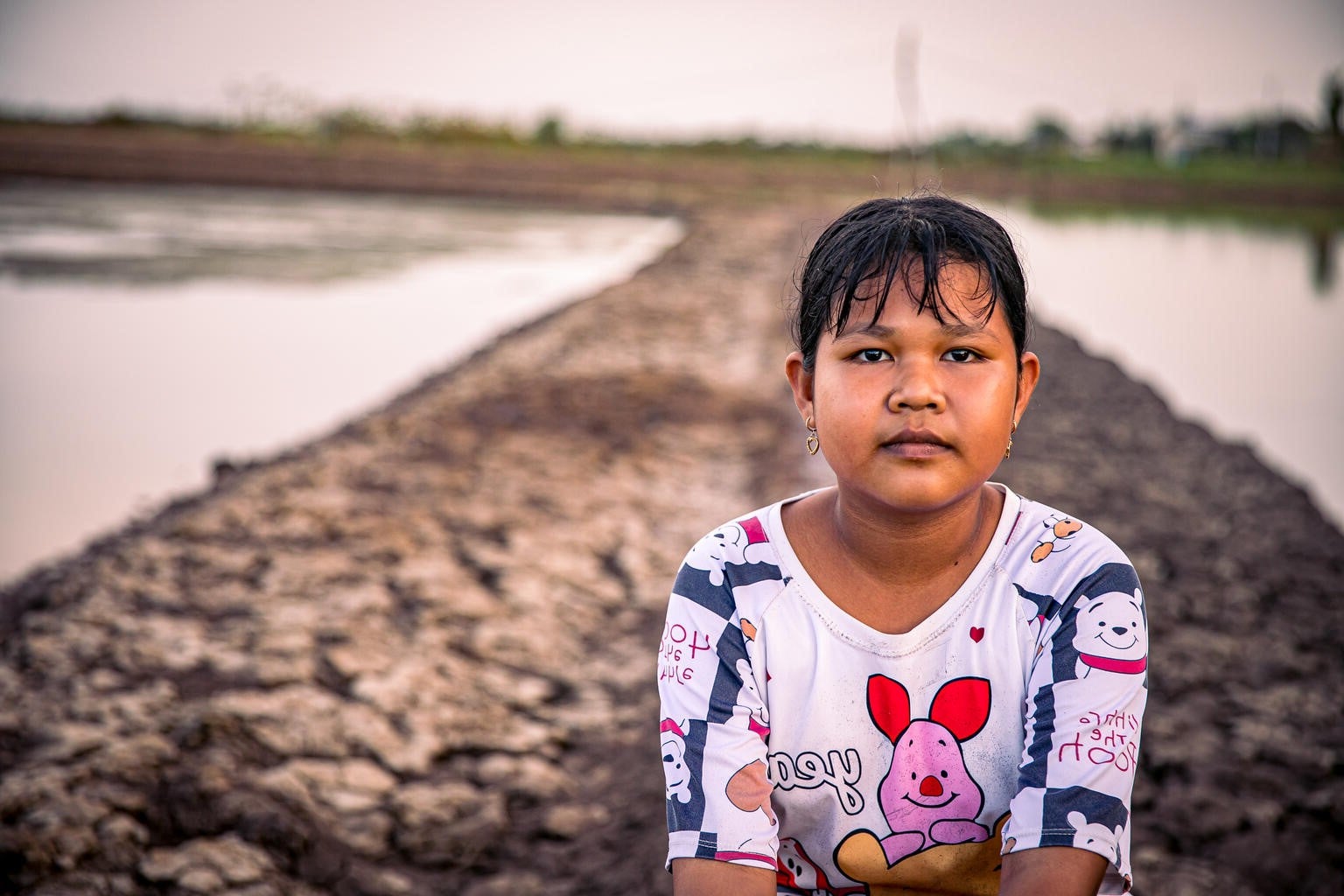Your guide on how to talk to children and young people about disasters and climate anxiety.
The world is living through a climate crisis, and one of the impacts of this crisis is more frequent and intense disasters, such as bushfires, heatwaves, floods and cyclones.
Young people are bearing the burden. Not only are they more vulnerable than adults to the extreme weather, toxic hazards and diseases it causes, but the planet is becoming a more dangerous place to live.
Here, in Australia and around the world, when a disaster strikes, children’s physical and mental health is impacted, their education is disrupted, and many become displaced from their homes and communities. And this is just for those who have been directly impacted. For children watching scenes unfold in the news and on social media, they, too, can feel scared and overwhelmed.
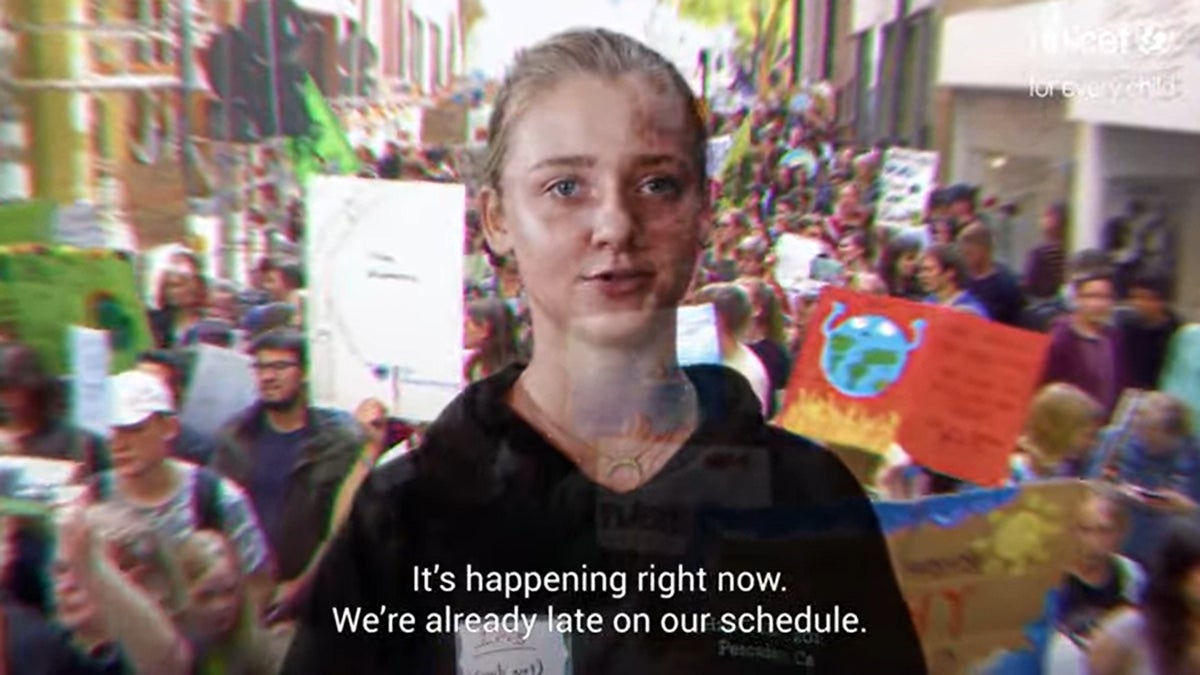
Eight young climate activists
From climate-induced disasters to climate anxiety, here are some tips to help guide conversations with children that help them feel safe.
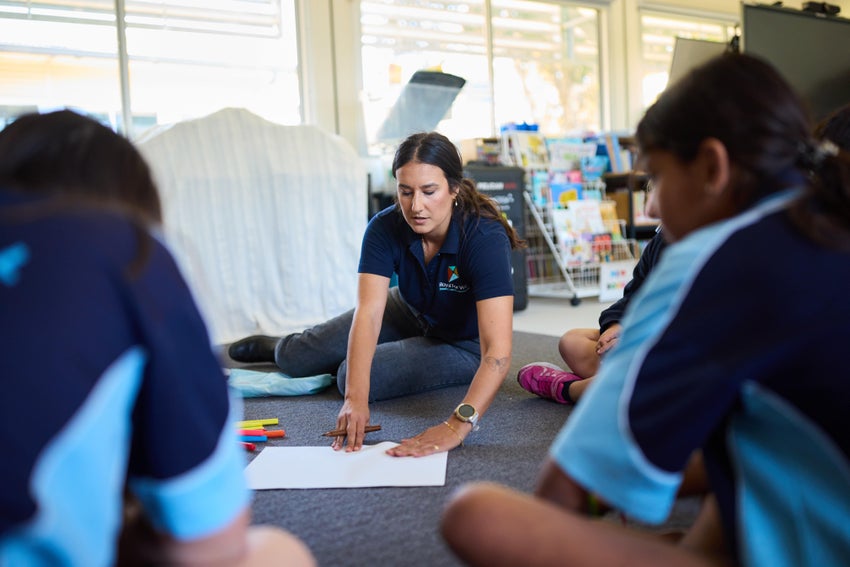
Teach them about the threat of climate-induced disasters.
For many Australians, the potential threat of bushfires, floods and cyclones is synonymous with where they live and work. Teaching them about these disasters – what causes them and how we can keep ourselves safe when they occur will normalise the threat and help alleviate the stress. Having emergency plans and practising them assures children of their own safety and that of their family, friends and pets.
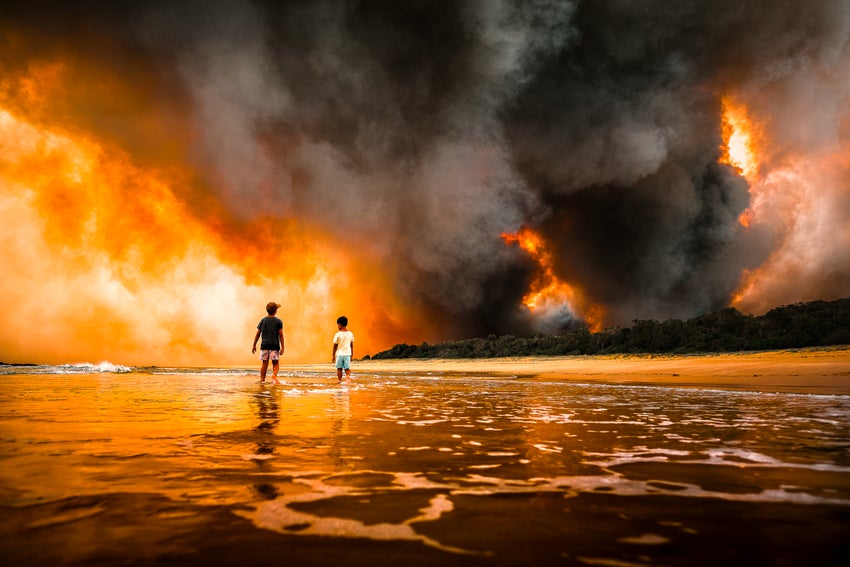
Create an emergency plan.
Whether it’s bushfires, flooding or a storm, emergencies can strike at any time without notice, especially if you live or work in areas prone to these natural events. Whether at home or in the classroom, talking with children and getting them involved in creating an emergency plan by giving them specific, manageable and age-appropriate tasks can help them feel reassured and gives them a sense of control in the face of the unknown.
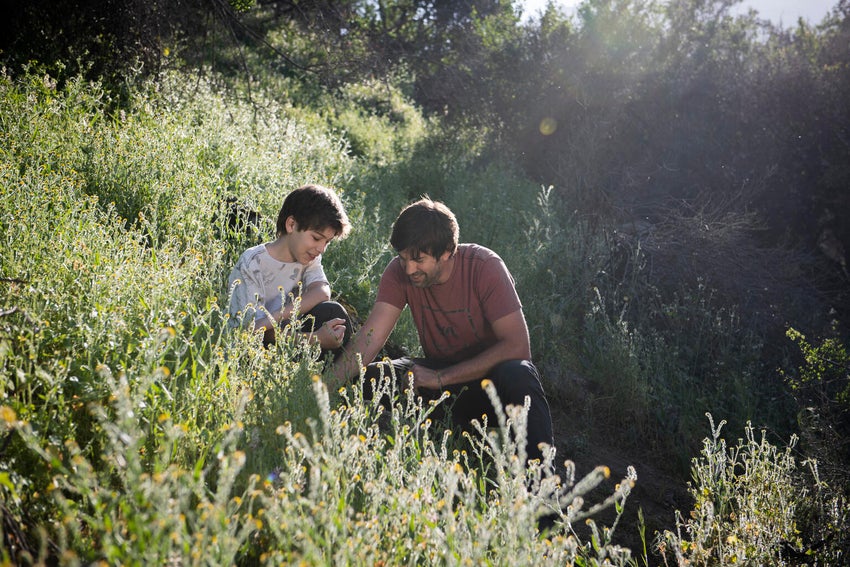
Be honest and explain the truth about what is happening.
Children have a right to truthful information, but adults are also responsible for keeping them safe from distress. Be honest about what is happening but use age-appropriate language, be mindful of their reactions and be sensitive to their level of anxiety. If you don’t know the answer to their questions, use it as an opportunity to explore the answers together.
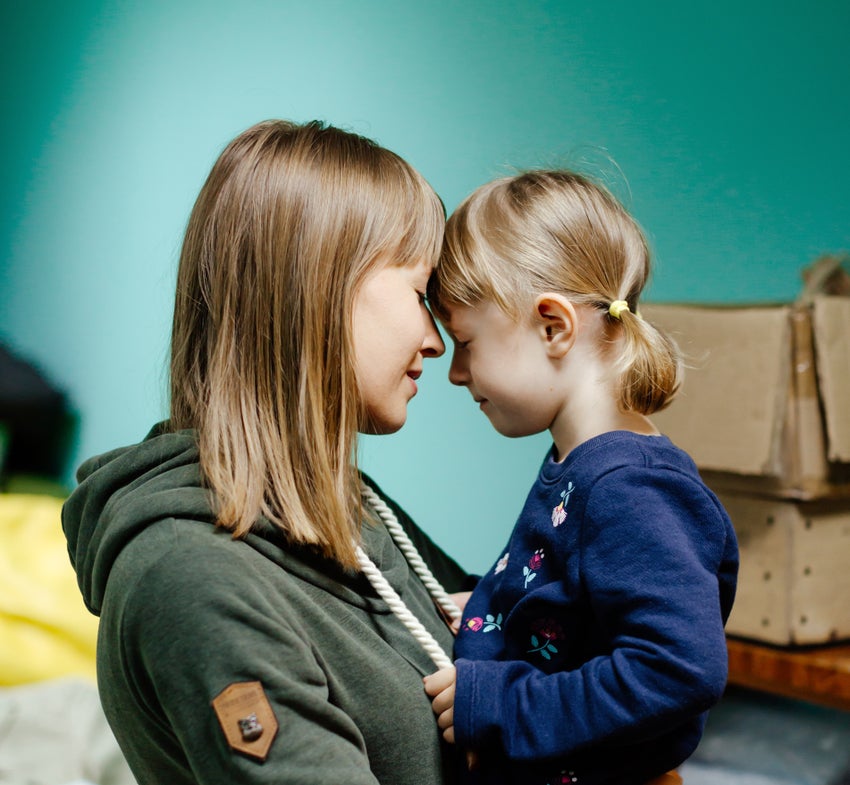
Focus on the child, not the distress.
Start by asking your kids’ permission to talk about what is troubling them. Follow their lead, and if they don’t want to discuss it, don’t push it. Some children may be eager to talk about their concerns, while others might find it difficult. Don’t dismiss or avoid their concerns. Be sure to acknowledge their feelings and assure them it’s natural to feel sad or scared when disasters occur. Just remind your children that they can speak to you, their teachers and other trusted adults whenever they like.
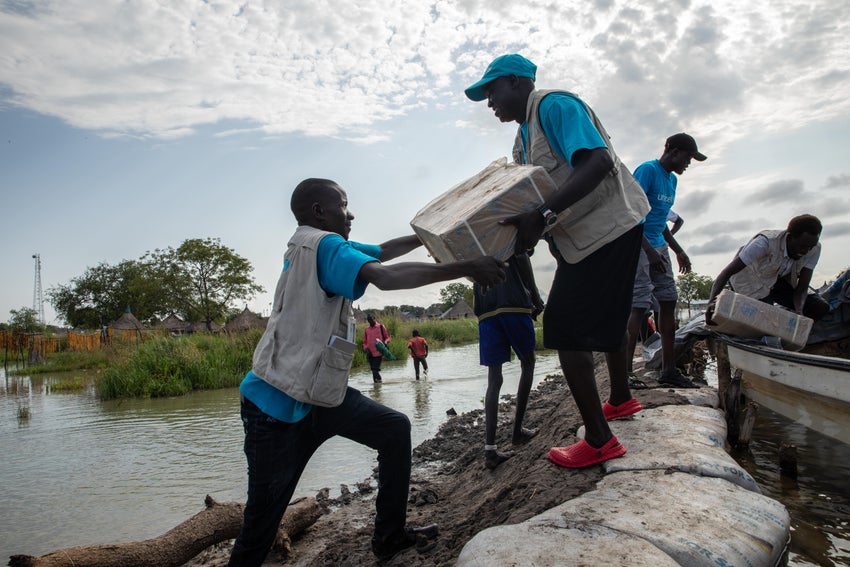
Show them all the good people trying to help.
Children need to know about the acts of bravery, generosity and kindness of ordinary people trying to help families impacted by disasters. Sharing stories of volunteer first responders, community leaders and everyday Australians showing compassion can be comforting and reassuring. You can also show them the young climate activists who are raising awareness around climate change and what they are doing to make a difference.
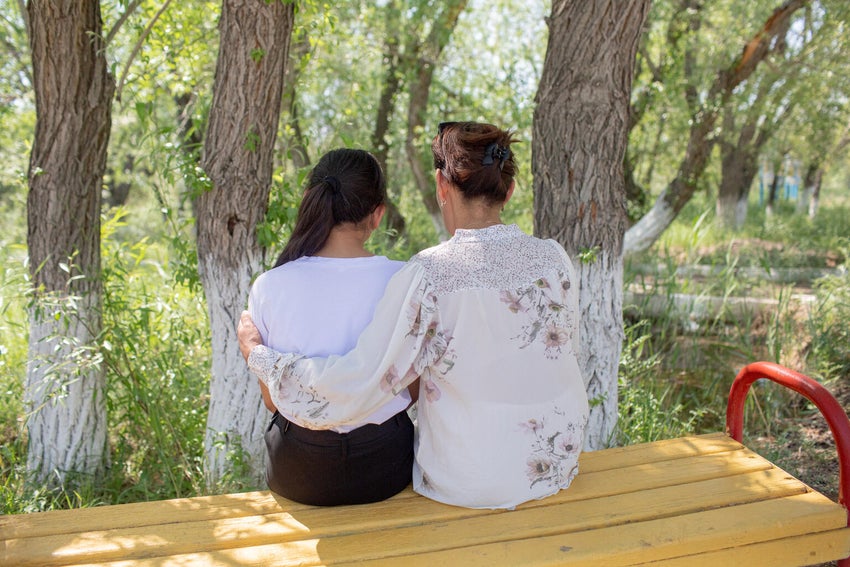
Learn about anxiety and how you can support someone through it.
With so much talk about climate change in the media, it's not surprising that more and more children and young people are feeling worried or anxious about the state of the world and what the future holds for our planet. It is when these worries stick around and start consuming their everyday life, that's when we might be dealing with anxiety. With the right kind of tools and support, we can help young people work through climate anxiety.
Ways your child can make a difference when a disaster happens.
Talking to children and showing how they can help others can be empowering and vital to restoring confidence. Get together and brainstorm ideas about what small or big actions you or they can take. Together, your kids and their friends can raise money, support each other, make posters or any other creative ideas that spring to mind.
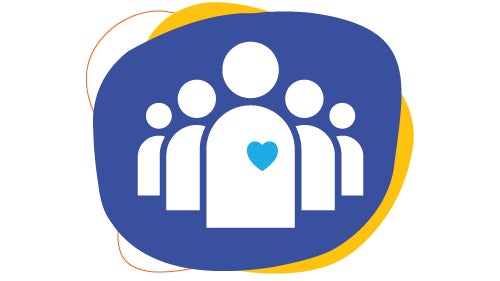
Volunteer
Get involved with a local group or organisation which is active in an area you are passionate about. Helping where you can be a great way to make a difference.

Raise your voice
You can raise awareness of the natural disaster that is happening or the effects of climate change by talking to family and friends and sharing on social media.
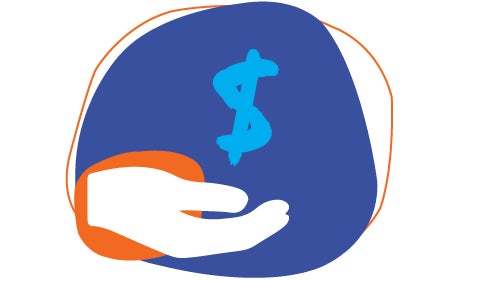
Fundraise
You can help organisations like UNICEF be there during times of emergency by starting your own fundraising event at school or your sports club.


